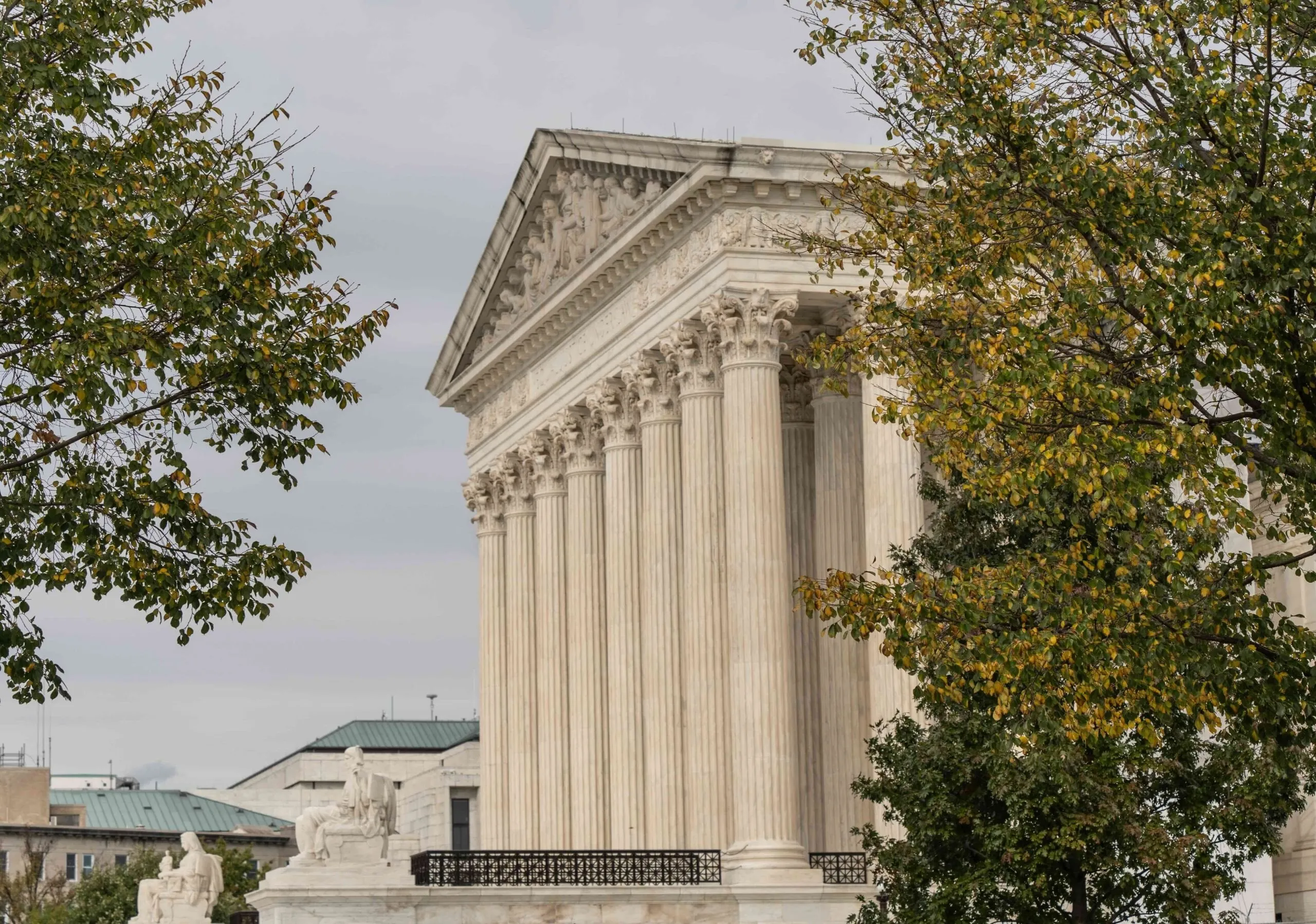Supreme Court requires clerk to count votes by lawmaker censured for social media post about transgender athlete


The Supreme Court on Tuesday afternoon required the clerk of the Maine House of Representatives to count votes by a Maine lawmaker who was censured for a social media post about a transgender athlete at a high school track meet in that state. In a brief unsigned order, the justices granted a request filed by Laurel Libby, a Republican who represents a district in the southern part of the state, to clear the way for her to vote while her appeal continues in the lower courts and, if necessary, the Supreme Court.
Justice Ketanji Brown Jackson dissented from the court’s ruling. In a five-page opinion, she lamented what she characterized as the “watering down of our Court’s standards for granting emergency relief,” calling it “an unfortunate development.”
Justice Sonia Sotomayor also indicated, without more, that she would have denied Libby’s request.
The events giving rise to the dispute before the court began in February, when Libby published a Facebook post on her official legislative account that included photos and the name of a transgender girl who had competed in, and won, the pole vault at the state track-and-field championship.
The speaker of the House of Representatives, Ryan Fecteau, asked Libby to take the post down, expressing concern that allowing the post to remain online could create health and safety issues. When Libby declined to do so, the House introduced a resolution to censure Libby, contending that her post violated the state’s ethics code for legislators. The resolution added that as a result of the post, the school district had had to “increase security at the school causing unnecessary stress and disruption to other students, parents, teachers and school support staff and the entire community.”
The resolution passed by a party-line vote of 75-70. When Libby refused to apologize for her violation of the ethics code she was barred under the House rules from participating in debates on the House floor and from voting on issues that the full House is considering.
Libby and several of her constituents went to federal court, where they contended that the House’s censure of her violated (among other things) her rights under the First Amendment, as well as depriving her constituents of a vote under the 14th Amendment. They sought an order requiring Fecteau and the clerk of the House, Robert Hunt, to allow her to speak and vote on the House floor.
U.S. District Judge Melissa DuBose of the U.S. District Court for the District of Rhode Island declined Libby’s request, holding that the claims against Fecteau and Hunt were barred by legislative immunity – the idea that legislative officials are shielded from lawsuits based on their official actions.
Libby then went to the U.S. Court of Appeals for the 1st Circuit, seeking only an order requiring Hunt to count Libby’s votes. But the court of appeals rejected that request, instead fast-tracking Libby’s appeal and scheduling oral argument for June 5.
Libby came to the Supreme Court on April 28, asking the justices to intervene. She told the justices that “her thousands of constituents in Maine” “are now without a voice or vote for every bill coming to the House floor for the rest of her elected term, which runs through 2026,” ”including the state’s budget” and “hundreds more proposed laws,” such as its policy on transgender athletes in sports. The order that she seeks, she said, “simply restores the status quo of equal representation” by allowing her to vote again.
Hunt urged the justices to stay out of the dispute, emphasizing that an order by a federal court intervening in the legislature’s processes “would be contrary to the policy of insulating legislative activity from ‘outside interference’ that undergirds” the Supreme Court’s cases on legislative immunity. But even if there was no immunity, he continued, Libby has not shown that emergency relief is necessary – for example, because she can still participate in all other legislative activities and therefore “continues to enjoy considerable means to advance and oppose legislation and otherwise represent her constituents.”
In a one-paragraph order on Thursday, the justices granted Libby’s request. As is its general practice for emergency appeals, the court did not explain its reasoning.
In her dissent, Jackson emphasized that the kind of order Libby was seeking – known as an injunction pending appeal – should be issued only in an emergency, and only when it is clear that the person or entity seeking that order has an “indisputably clear” right to it.
But in her view, Jackson explained, Libby could not meet that high bar. The court of appeals has fast-tracked the case, Jackson noted, and Libby does not contend that she will miss any important votes while her appeal continues. Moreover, Jackson continued, the questions at the center of Libby’s case are difficult ones – hardly ones on which her right to relief is “clear, let alone indubitably so.”
“Not very long ago,” Jackson suggested, the Supreme Court “treaded carefully with respect to exercising its equitable power to issue injunctive relief at the request of a party claiming an emergency.” But now, she wrote, the court is far less judicious in issuing injunctions, instead opting “to dole out error correction as it sees fit.” Such a development, she posited, is “both inequitable and unwise” – and, she warned, “by lowering the bar for granting emergency relief,” is likely to lead to even more requests in future cases for the court to intervene.
Posted in Emergency appeals and applications
Cases: Libby v. Fecteau